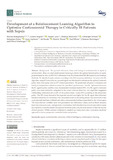XML
(119.32 kB)
XML without embedded media
Page view(s)
393
checked on Jan 18, 2024
Download(s)
6
checked on Jan 18, 2024



